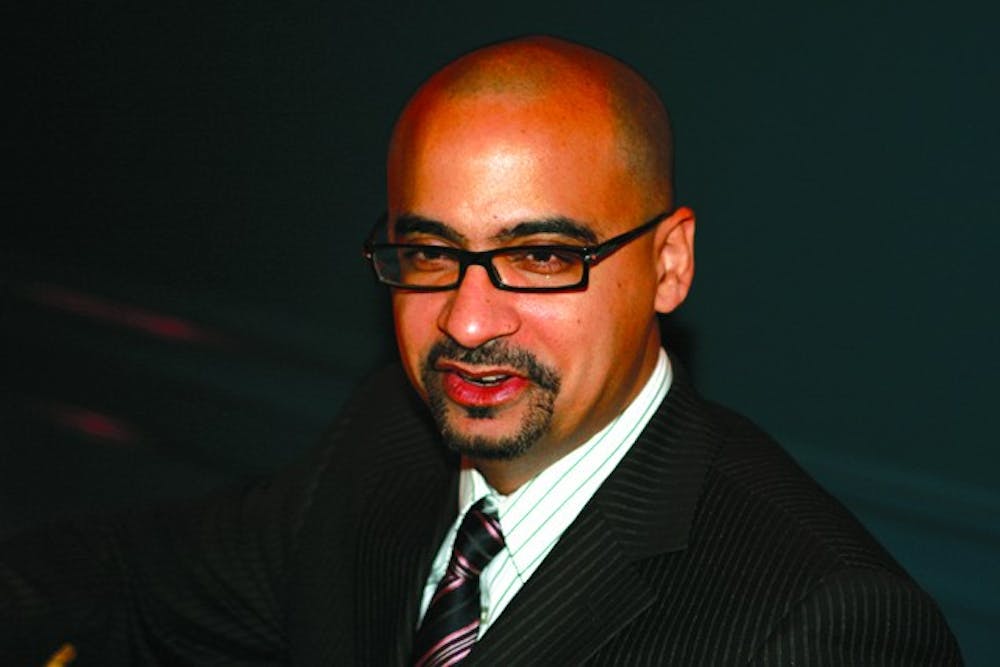Author Junot Díaz will be on campus for a special book reading and book signing hosted by Princeton Latinos y Amigos on Friday. Díaz will be reading from his book “The Brief Wondrous Life of Oscar Wao.” The ‘Prince’ asked Díaz a few questions about his identity and writing career over email.
The Daily Princetonian: It was recently announced that you will be among a group of writers contributing to the book “Radical Hope: Letters of Love and Dissent in Dangerous Times.” What can you say about this project? What sparked your involvement, and what are you hoping to achieve through this work?
Junot Díaz: Shortly after the election, I wrote an epistolary piece for The New Yorker entitled “RADICAL HOPE” about hope and struggle in the age of Trump. And in less than a month Carolina De Robertis reached out to me to take part in a book project inspired in part by the essay I wrote.
DP: Have you ever found yourself censoring your writing because you felt it was too disruptive or controversial? What advice might you give to writers facing this kind of hesitation in going through with writing on polemic topics?
JD: As a writer, I have turned away from plenty of troubling materials and have left plenty of things unsaid because I did not have the heart to write about them, because I feared the consequences. Writing (it should surprise no one) takes courage. Sometimes you ain’t got it right when you need it. We ain’t all fearless soldiers — some of us are human. All you can do at times like these is keep at it, keep growing and challenging yourself and eventually you’ll become the person you need to become to write the words you need to write. Perseverance really is everything in this game. One has to remember that in a culture like ours polemics and outrageousness are the order of the day. But truthfulness — the kind of truthfulness that undoes the speaker as much as it undoes the hearer — that’s hard as fuck.
DP: What fears do you have for our society going forward in how we treat immigrants?
JD: The so-called alt-right — which is the liar’s way of saying white supremacists — is all up in the White House. Our entire democracy should be terrified of that development — and not just us immigrants and refugees, who are its first targets.
DP: Alternatively, what gives you hope?

JD: The fact that nearly every black woman in this country who voted in this last presidential election voted against Trump gives me hope (and makes me, a member of the African diaspora, very proud). The outpouring of resistance and organizing that has occurred after Trump’s inauguration gives me hope. My community’s long legacy of overcoming inhuman injustice gives me hope too. We’re in for a serious and difficult struggle and there will be many setbacks but for me there’s no question that the future of this country will be one of tolerance, justice,and democracy, and not the bullshit they’re currently serving up in the White House.
DP: How has your identity informed your perception of the world, and, furthermore, the work you choose to put into it?
JD: I assume my “identity” has informed my worldview and my work but how and to what extent I cannot say. Who ultimately can? Our identities after all exist in large part in our unconscious and what do we ultimately know about that? Not much. I’m Dominican and I’m an immigrant but I know tons of Dominicans and tons of immigrants and while we have some things in common we are also exquisitely emphatically unique. We all truly contain multitudes. And the work, the actual writing, makes its own demands beyond what you are.









